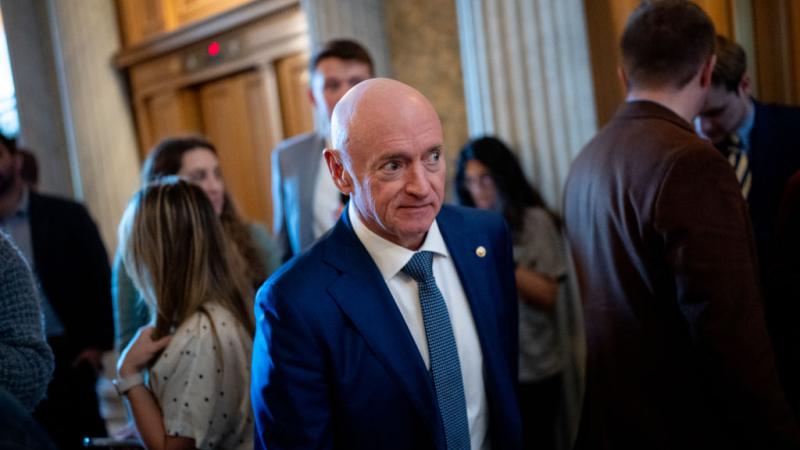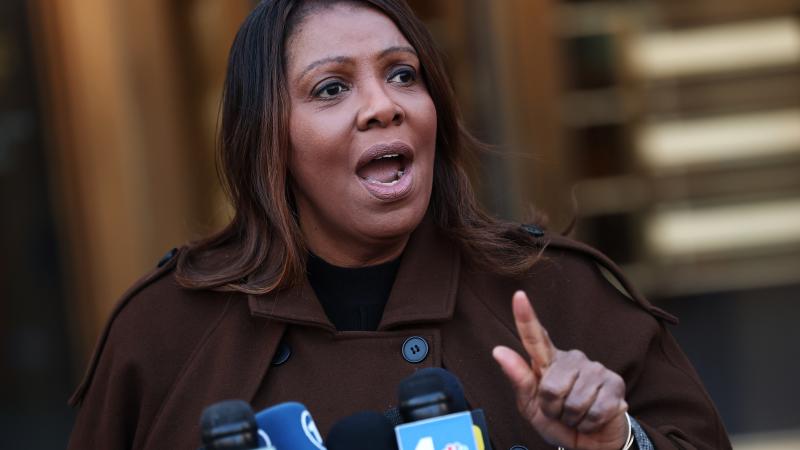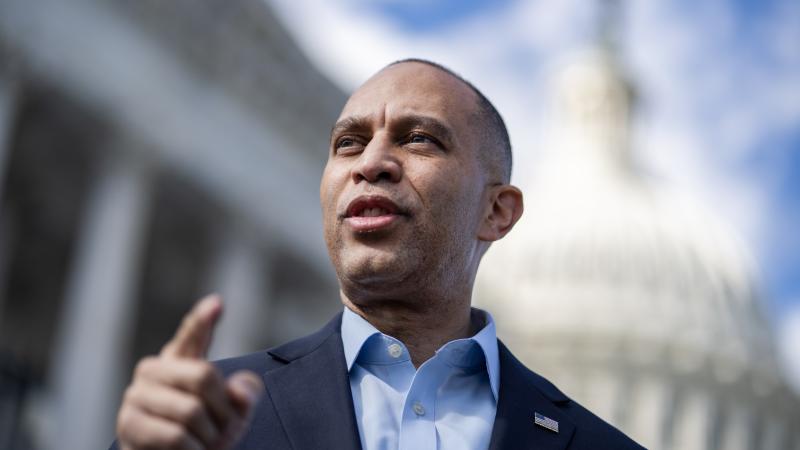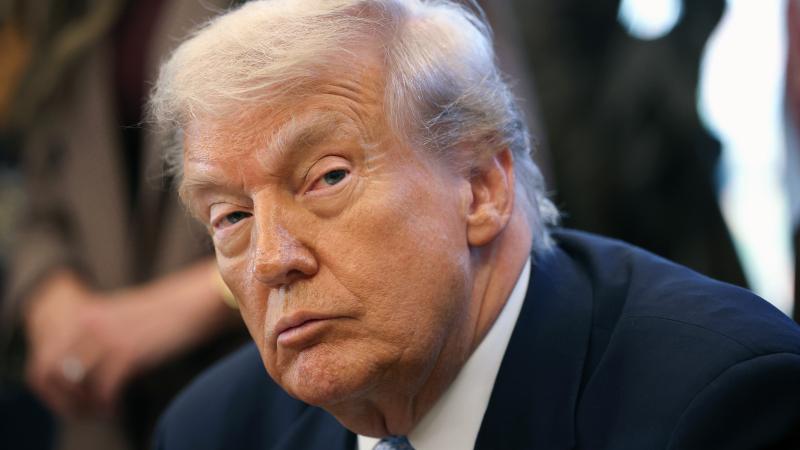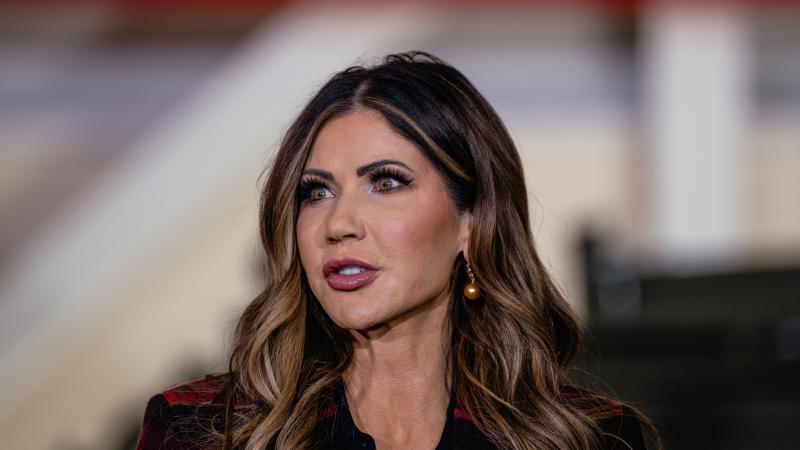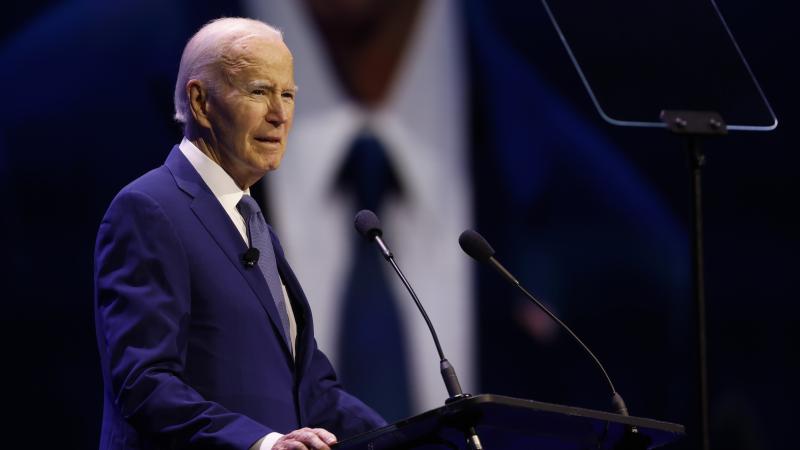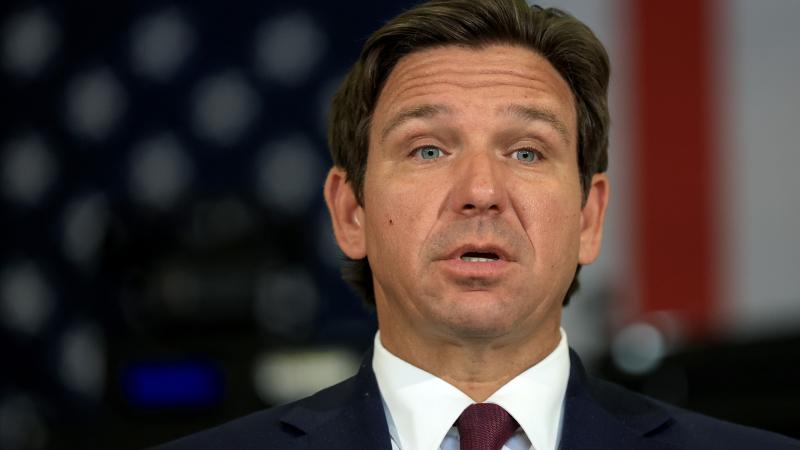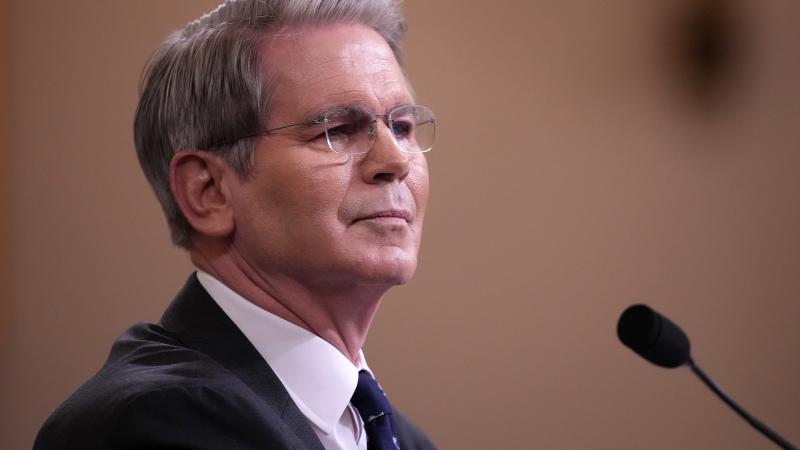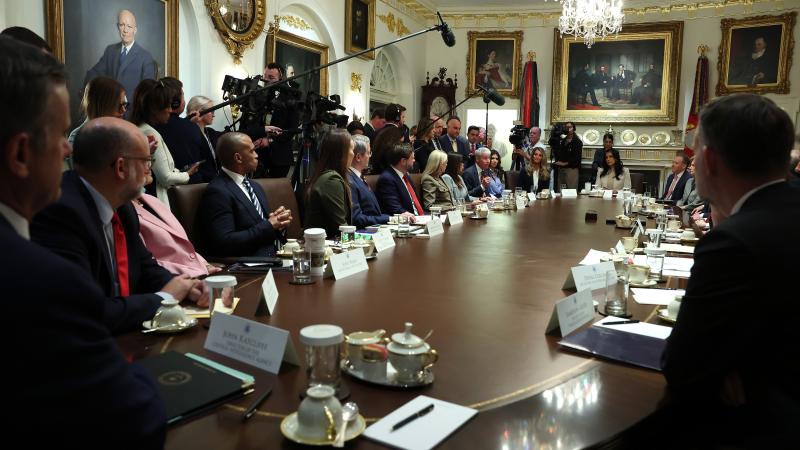SCOTUS ruling opens challenge to regulations on EVs, California's greenhouse gas emissions
A 7-2 U.S. Supreme Court ruling re-opened a challenge to California’s greenhouse gas emissions regulations and electric vehicle requirements by recognizing that fuel producers have standing to make their case against the rules.
(The Center Square) -
A Supreme Court ruling Friday re-opened a challenge to California’s greenhouse gas emissions regulations and electric vehicle requirements by recognizing that fuel producers have standing to make their case against the rules.
The ruling notes the Advanced Clean Cars I EV requirements in question have been adopted at least in part by 17 states and the District of Columbia, and are in effect through vehicle model year 2025, which for many automakers is already over, while the GHG emissions regulations are indefinite.
With the new ruling remanding the case back to district court, the GHG regulations are set to face a renewed challenge from fuel producers, who have argued the rules will reduce demand for their products.
Advanced Clean Cars II, which was supposed to take effect for model year 2026, was recently overturned after President Donald Trump signed a resolution passed by Congress. Lawmakers used the Congressional Review Act to overturn the Biden administration's Environmental Protection Agency waiver allowing the regulation to take place.
California Democrat Gov. Gavin Newsom has since ordered the state to continue enforcing the Advanced Clean Cars II standard, an act that could violate federal law.
Federal law generally preempts state law. But under the Clean Air Act, California was granted the ability to set its own emissions regulations, as the air quality regulations to combat the state’s notorious and toxic smog predated the EPA.
The ruling outlines the history of the EPA waivers, which have to be granted for each California standard that is more stringent than the federal standard. They are supposed to be granted only to meet “compelling and extraordinary conditions.”
“Beginning in 2005, California also attempted to use its unique preemption exception as one means to address global climate change,” wrote Justice Brett Kavanaugh in the official court opinion. “In 2008, under the George W. Bush administration, EPA denied California’s first such request.”
“EPA explained that the Clean Air Act permits California to enact standards to address local and regional pollution where the causal factors are tied to California,” continued Kavanaugh. “But EPA reasoned that the authority granted to California did not extend to efforts to combat global climate change.”
The regulations the fuel producers are challenging were first approved by the Obama administration’s EPA in 2013 and reversed under the first Trump administration in 2019. The rules were re-approved by the Biden administration in 2022, after which the producers filed their case in the District of Columbia.
The producers argued “the regulations did not target a local California air-quality problem – as they say is required by the Clean Air Act – but instead were designed to address global climate change.”
California defended the waiver and sought to intervene, focusing on the importance of selling fewer gasoline-powered vehicles, and selling more electric vehicles. After its motion to intervene was approved, allowing California to be added as a party to the lawsuit, the state’s argument changed course. California said the producers lacked standing because “surging consumer demand” for electric vehicles meant that reversing the regulations would not result in the production of more gasoline-powered vehicles.
The D.C. Circuit sided with California, holding the producers did not have standing, leading to the appeal to the Supreme Court, and now ruling that the producers do have standing to pursue their lawsuit.
Justices Sonia Sotomayor and Ketanji Brown Jackson wrote separate dissenting opinions.
Sotomayor argued the Supreme Court overreached by deciding on the issue of standing, and that the court should have only ruled on the factual error regarding the fact that some of the regulations extend beyond model year 2025, and thus create redresseable issues for producers.
Sotomayor also noted that it’s likely the Trump administration will withdraw the challenged rules.
Jackson’s dissent included many of the same arguments made by Sotomayor, but focused more on the reputational damage to the court from selectively granting standing to producers, while often failing to grant standing to citizens against the government.
“If the Court privileges the interests of one class of litigants over others, even unintentionally, it can damage Americans’ faith in an impartial Judiciary and undermine the long-term credibility of its judgments,” wrote Jackson. “Time will tell if today’s decision portends a broader shift in the Court’s view of Article III standing for all litigants.
“If it does not, and if the Court is not fastidious in maintaining consistency across its certiorari decisions and substantive rulings, its decisions will come to represent, like so many marble façades, another mere facsimile of justice,” concluded Jackson.
American Fuel & Petrochemical Manufacturers, a plaintiff in the case, celebrated the ruling as the opportunity to make their case against California's regulations in court.
“Today the Supreme Court put to rest any question about whether fuel manufacturers have a right to challenge unlawful electric vehicle mandates,” said Chet Thompson, AFPM President and CEO, in a statement to The Center Square. “We do, and we look forward to finally having our day in court.”
“Congress did not give California special authority to regulate greenhouse gases, mandate electric vehicles or ban new gas car sales — all of which the state has attempted to do through its intentional misreading of statute,” continued Thompson.
